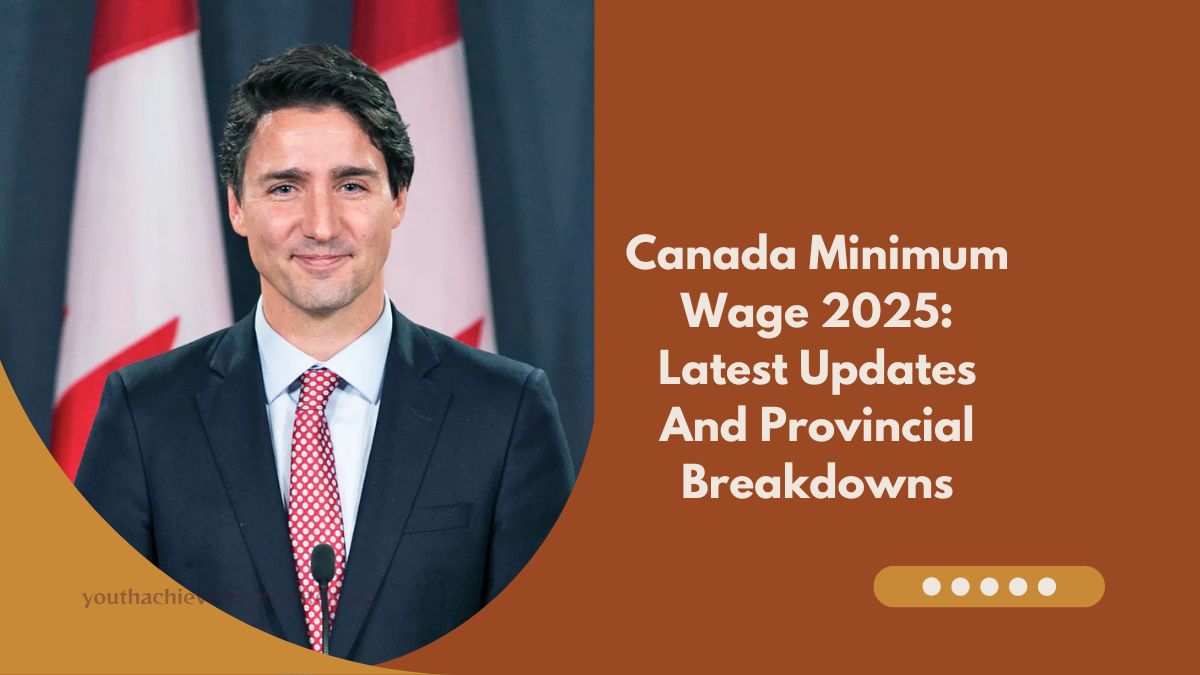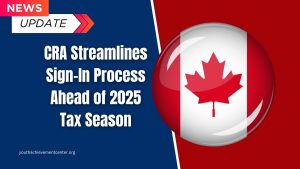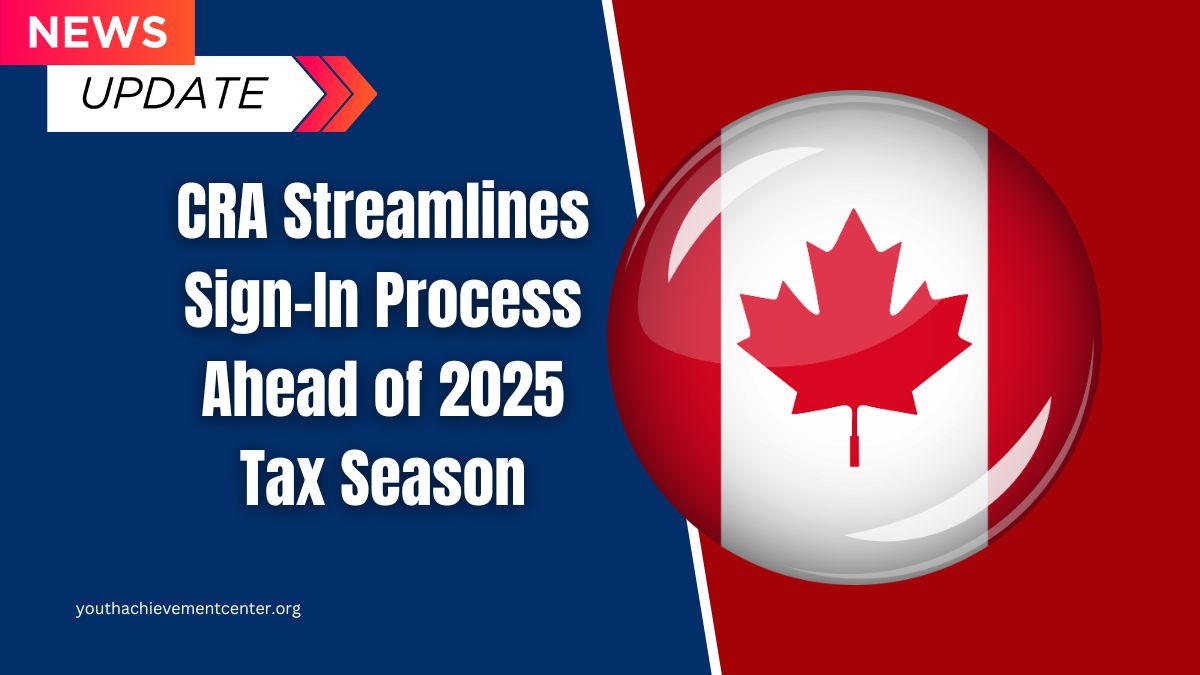Starting January 2025, the minimum wage in Canada is set to increase to $17.70 per hour, offering a significant boost to low-income workers across the country.
This change, set to take effect officially from April 1, 2025, is designed to address inflation and improve the living standards for workers in various provinces and territories.
Details of the Canada Minimum Wage Rate Changes
The Canada minimum wage adjustment is a response to rising inflation and changes in the Consumer Price Index (CPI), which reflects the average cost of goods and services in Canada.
The 2% CPI adjustment ensures that wages keep pace with the increasing cost of living.
| Detail | Information |
|---|---|
| New Minimum Wage | $17.70 per hour |
| Effective From | April 1, 2025 |
| Applicable To | All low-income workers, including part-time, full-time, and federal sector employees |
| Initiated By | Canada Revenue Agency (CRA) |
| Purpose | To combat inflation and enhance living standards |
Eligibility for the Canada Minimum Wage Increase
The new Canada minimum wage rate applies broadly across Canada, ensuring inclusivity and fairness.
Eligibility Criteria
- Workers in All Sectors:
Includes retail, hospitality, banking, transportation, and postal services. - Immigrants and Residents:
Legal residents, immigrants, and permanent citizens are eligible. - Part-Time and Full-Time Employees:
Both employment statuses are covered under this new rule.
Province-Wise Canada Minimum Wage Rates for 2025
The minimum wage rates vary by province, reflecting the regional cost of living.
| Province/Territory | Minimum Wage (2025) |
|---|---|
| Nova Scotia | $15.40 |
| Labrador | $15.91 |
| Newfoundland | $15.91 |
| Yukon | $17.97 |
| Nunavut | $19.00 |
Why Is Canada Increasing the Minimum Wage in 2025?
The decision to raise the minimum wage stems from the following factors:
- Combatting Inflation:
Rising inflation rates have driven up the cost of living, necessitating higher wages to maintain purchasing power. - Reducing Poverty:
Higher wages aim to lower poverty rates and provide financial security to low-income households. - Boosting Economic Growth:
Increased wages enhance purchasing power, stimulating the economy through higher consumer spending.
Impact of the Minimum Wage Increase
Positive Outcomes
- Improved Living Standards:
Workers will have more disposable income to meet their needs. - Economic Upliftment:
The rise in purchasing power contributes to economic growth. - Job Security:
The increase ensures fair compensation across sectors, retaining skilled workers.
Challenges
- Potential Cost Increases:
Businesses may raise prices to offset higher labor costs. - Small Business Strain:
Smaller enterprises might face financial pressure adapting to the new rates.
The Canada Minimum Wage Rate Changes set for January 2025 represent a significant step toward improving the lives of low-income workers across the country.
By addressing inflation and raising wages to $17.70 per hour, Canada ensures its workforce can maintain a decent standard of living.
As these changes roll out in April 2025, workers and employers alike must prepare to adapt to this new economic landscape.
With regional variations reflecting local living costs, this increase demonstrates Canada’s commitment to fair compensation and economic equity.
FAQs
When does the new minimum wage rate officially take effect?
The minimum wage rate increase will be implemented starting April 1, 2025.
Who is eligible for the new minimum wage?
All low-income workers, including part-time, full-time, and federal sector employees, are eligible.
How does the increase relate to inflation?
The new rate aligns with the 2% CPI adjustment, ensuring wages keep pace with the cost of living.







